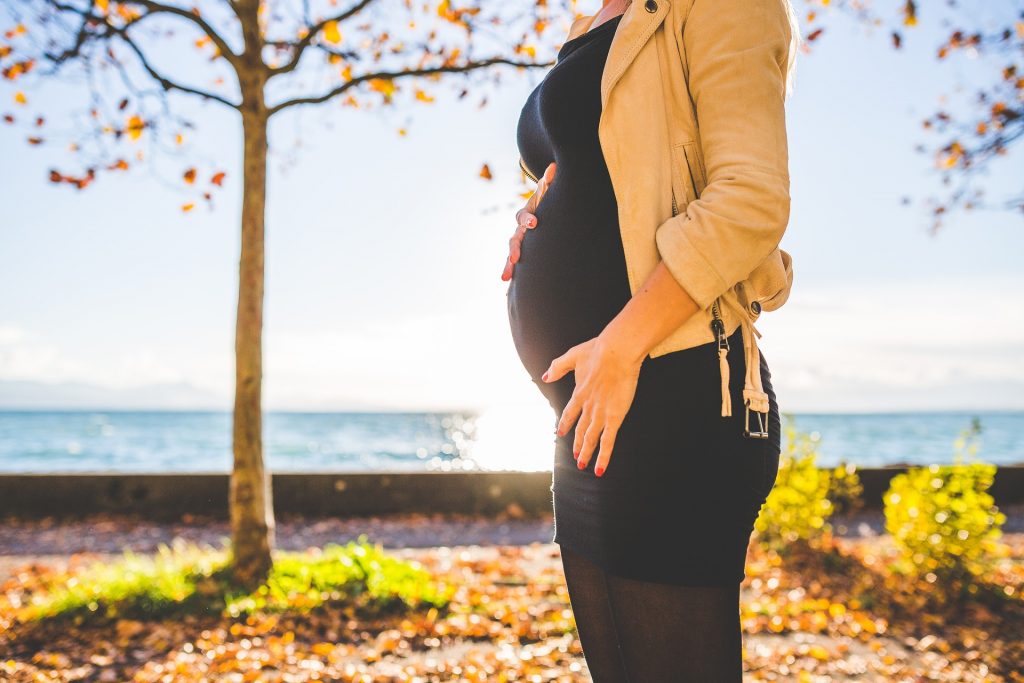At no other time in life is nutrition is as important as before, during and following pregnancy. Pregnant ladies ought to make sure that their diet provides enough nutrients and energy for the baby to develop and grow properly.
For healthy maternity, the mother’s diet needs to be balanced and nutritious- this involves the right balance of iron, fats, proteins, carbohydrates and consuming a wide variety of fruits and vegetables.
To maximize prenatal nutrition, mothers to be should include following healthy foods and beverages to provide all the important nutrients to baby for its growth and development.
 1) Folic acid:
1) Folic acid:
Folic acid is a crucial alimentation vitamin for healthy maternity. It helps prevent condition such as spins Bifida and other neural tube defects. It may be hard to get the recommended amount of folic acid from diet alone. Hence, it is recommended that women who are trying to have a baby should take a daily vitamin supplement containing 400 micrograms of folic acid per day at least one month before getting pregnant. During pregnancy folic acid dose is exceeded by 600 micrograms per day. You should also eat diet enrich in folates every day as well as taking folic acid tablets.
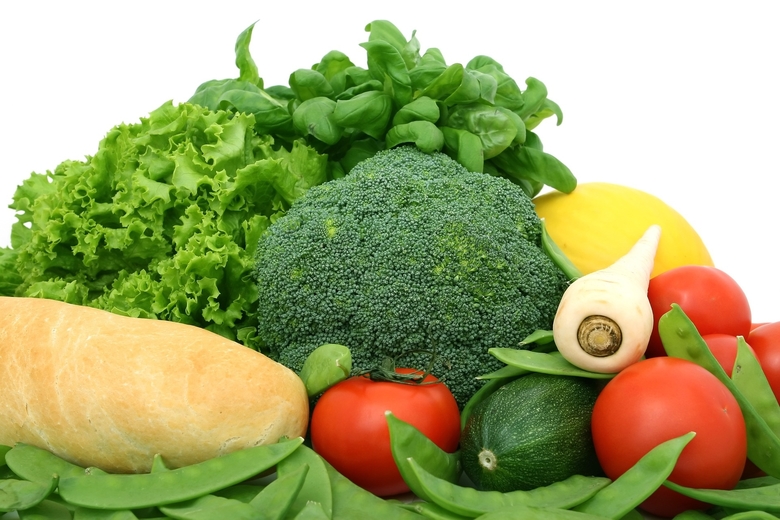 Rich source of folic acid:
Rich source of folic acid:
– Green vegetables- broccoli, Brussels, sprouts and Spinach.
– Beans and peas
– Some fruits- oranges
– Yeast and malt extract
2) Iron and Vitamin C:
Pregnant women need 27grams of iron a day, which is double the amount needed in non- pregnant women. Getting too little iron during pregnancy can lead to anemia, fatigue, increase the risk of infection in mother. There is also a high risk of preterm delivery, low birth weight baby, stillbirth and newborn death.
 Rich source of iron:
Rich source of iron:
– Red meat- beef, lambs, pork
– Chicken
– Fishes- salmon, tuna
– Egg yolk
– Pulses- beans, peas, and lentils
– Dried fruits- prunes and apricots
– Green vegetables- broccoli, spinach and kale
– Some whole-grain cereals
Vitamin C is also important while taking iron as it helps to increase the absorption of iron. While preparing vegetables, be careful not to overcook them as it decreases the amount of vitamin C they contain.
 Source of Vitamin C:
Source of Vitamin C:
– Citrus fruits- oranges, kiwis, berries
– Potatoes
– Green vegetables- broccoli, Brussels, sprouts
– Tomatoes
Some foods such as high fiber cereal, milk, tea, and coffee reduce your body’s ability to use iron. Try not to have these at the same time as you take iron tablets or eat food that is rich in iron.
3) Calcium:
Calcium supplementation in pregnancy has been associated with reducing the risk of pregnancy-induced hypertension especially in a person with low basal calcium intake. Pregnant women require 1200-1400 micrograms per day. Your body can’t create atomic number 20, so you need to get it from food or supplements.
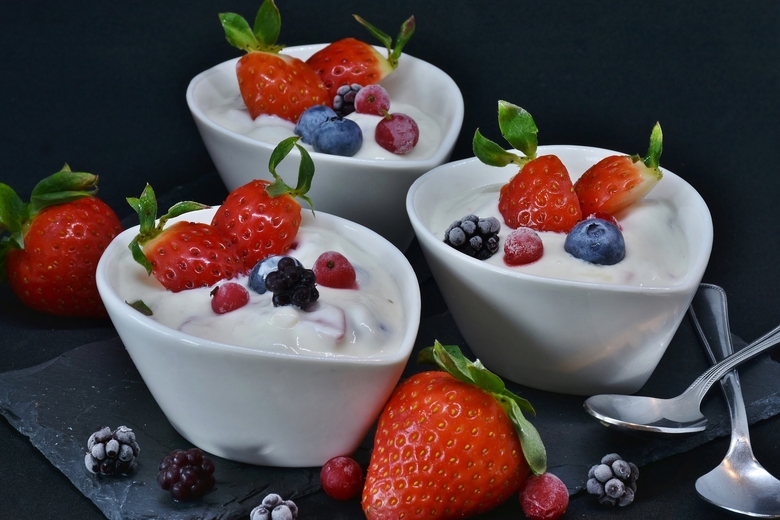 Source of Calcium:
Source of Calcium:
– Dairy products- cheese, milk, yogurt
– Fortified soymilk
– Juices
– Tofu
– Soybeans
– Broccoli, kale, beans
– Soynuts
4) Vitamin D:
Vitamin D is known to important for regulating and absorbing calcium and phosphorus in the body. Vitamin D deficiency during pregnancy leads to gestational diabetes, increase the risk of infections and c- section. Hence pregnant women should take 10micrograms of vitamin D per day. If you don’t her enough sunlight, your intake should likely be closer to 1000 IU per day.
 Foods that are rich in Vitamin D:
Foods that are rich in Vitamin D:
– Salmon
– Cod liver oil
– Canned tuna
– Oysters
– Shrimp
– Egg yolk
– Mushrooms
– Fortified foods
– Cow milk
– Soy milk
– Cereal and oatmeal
5) Iodine:
Iodine is essential for healthy brain development in a fetus. Deficiency of iodine during pregnancy can lead to hypothyroinaemia and increase TSH in infants. A woman’s iodine requirements increase during pregnancy to ensure adequate supply to the fetus. Iodine requirement increases by 50% during pregnancy.
 Dietary sources of Iodine:
Dietary sources of Iodine:
– Seaweed
– Iodized salt
– Dairy products
– Fish
6) Proteins:
Protein requirements for pregnant women can range from 40grams to 70 grams per day. A healthy intake of supermolecule throughout maternity supports your baby’s growth and helps their speedily multiplying cells to operate usually. Deficiency of protein during pregnancy can lead to low birth weight and prematurity.
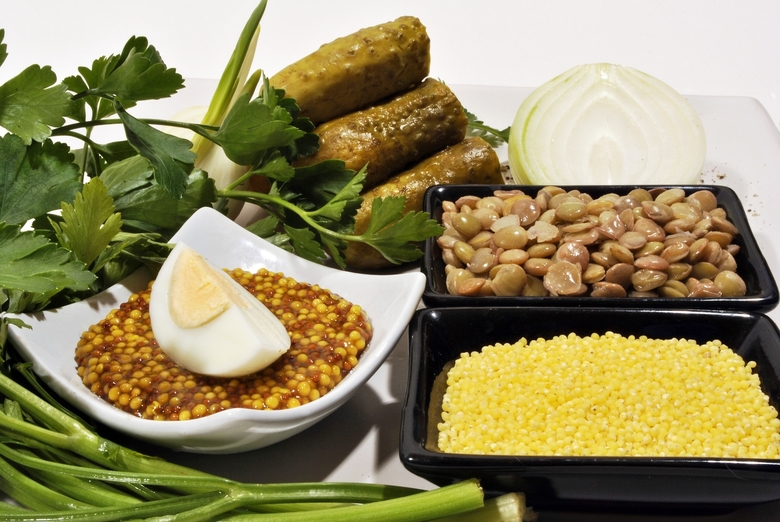 Good sources of Proteins:
Good sources of Proteins:
– Lean meats
– Poultry
– Milk
– Fish
– Dried beans
– Lentils
– Cheese
– Eggs
– Quinoa- known as “complete protein”, it includes all the essential amino acids.
7) Zinc:
Zinc is essential for normal immune function. Zinc supplementation during pregnancy reduces the incidence or the severity of the maternal infection and also lower the risk of preterm births.
 Best sources of Zinc:
Best sources of Zinc:
chicken, turkey, ham, shrimp, crab, oysters, meat, fish, dairy products, beans, peanut butter, nuts, sunflower seeds, ginger, onion, bean, wheat, rice, cereals, eggs, lentils, and tofu.
8) Fibers:
Women have a high risk of developing constipation during pregnancy. Eating plenty of fiber during pregnancy reduces the risk of or severity of hemorrhoids. Fiber also found to be beneficial and reducing the risk of pre-eclampsia and regulate blood pressure which may protect you from gestational diabetes.
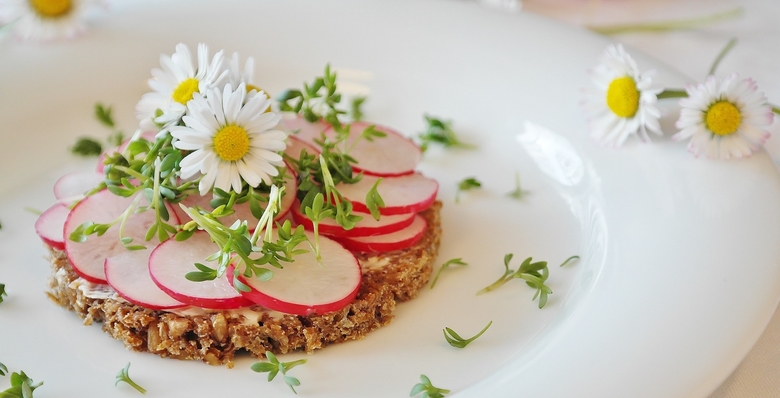 Rich sources of Fiber:
Rich sources of Fiber:
– Fruits- apple, raspberry, pear
– Vegetables- broccoli, peas, artichokes
– Whole grains- brown rice, cooked barley
– Legumes- black beans, chickpeas, lentils
9) Omega 3 and Omega 4 Fatty Acids:
Fatty acids are essential during pregnancy as it helps developing baby’s brain and improves retinal development.
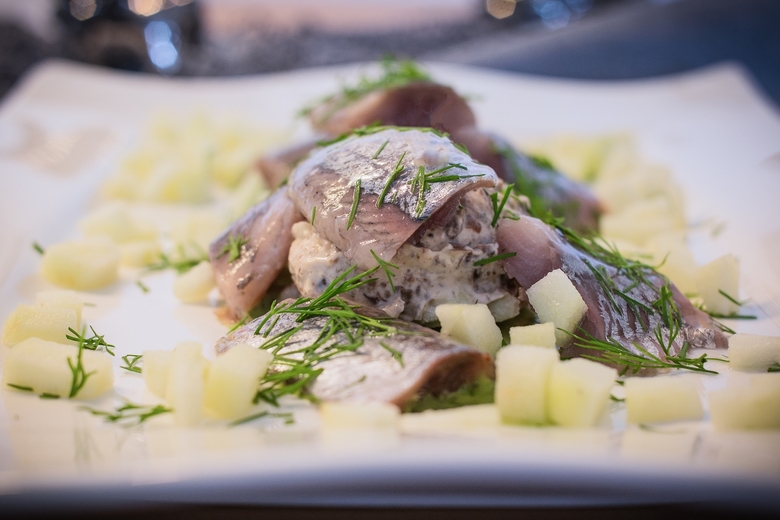 Good sources of Fatty Acids:
Good sources of Fatty Acids:
– Oily fish- herring, mackerel, salmon, sardines and trout
– Vegetable oils- rapeseed (canola), flaxseeds, linseed and walnut

